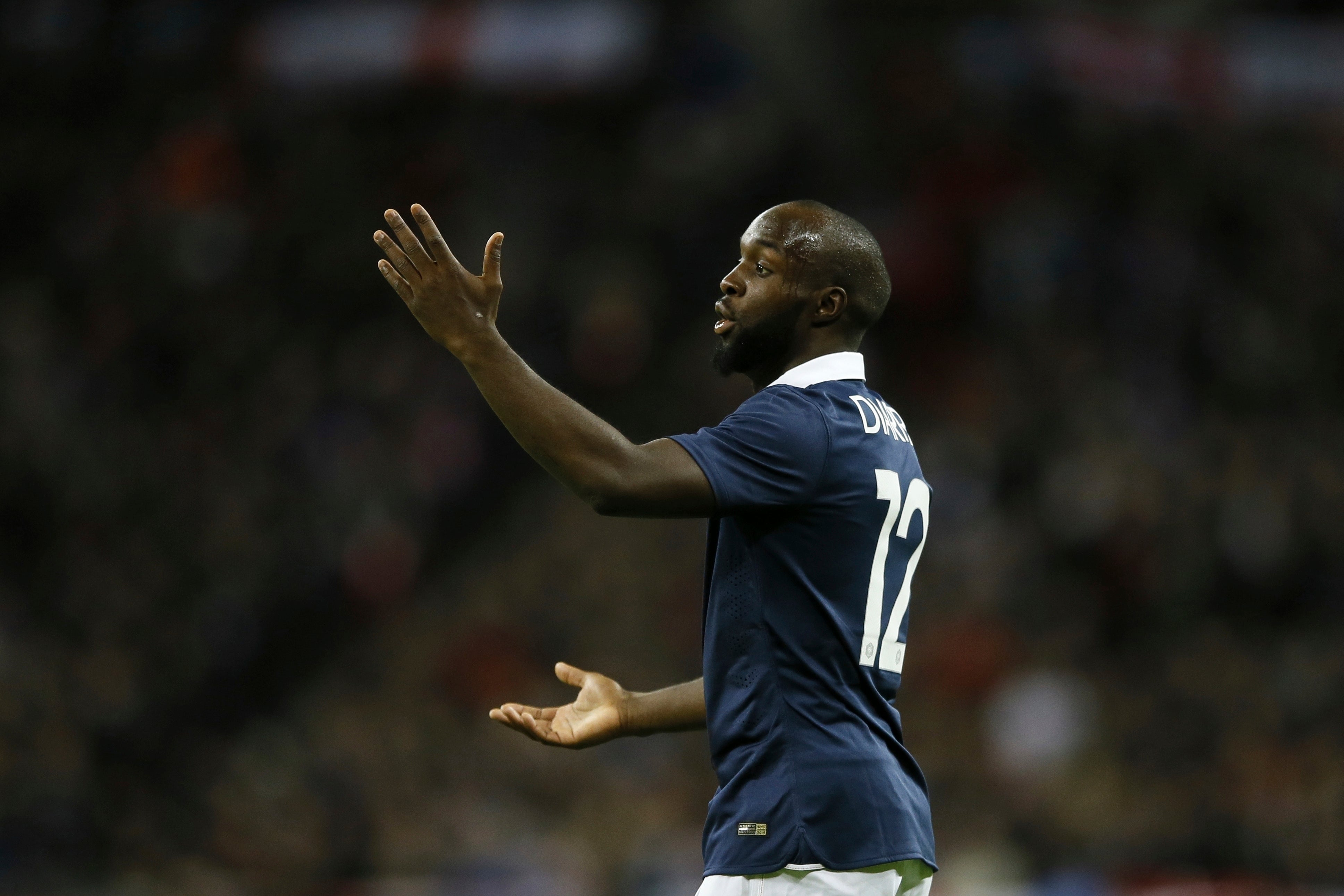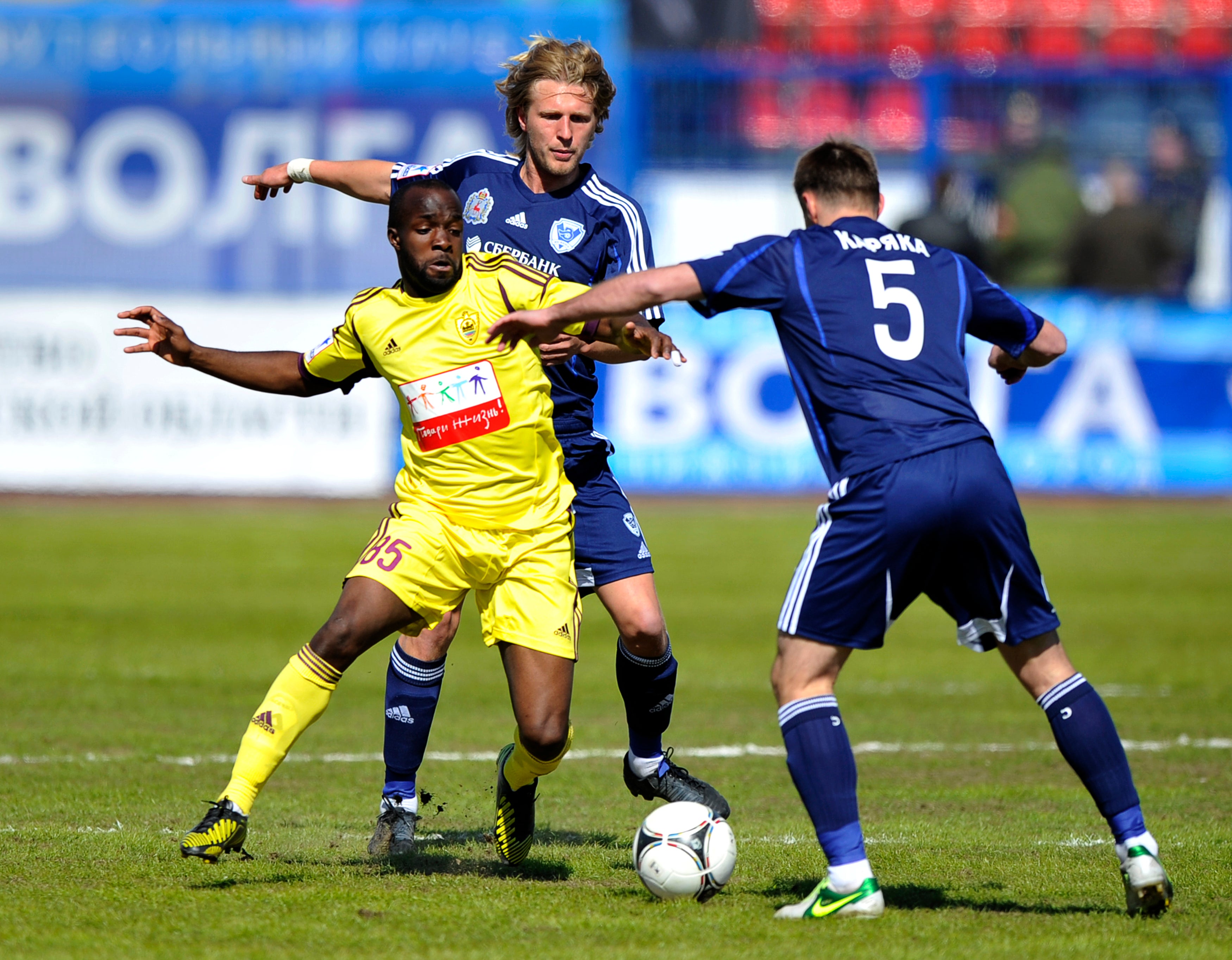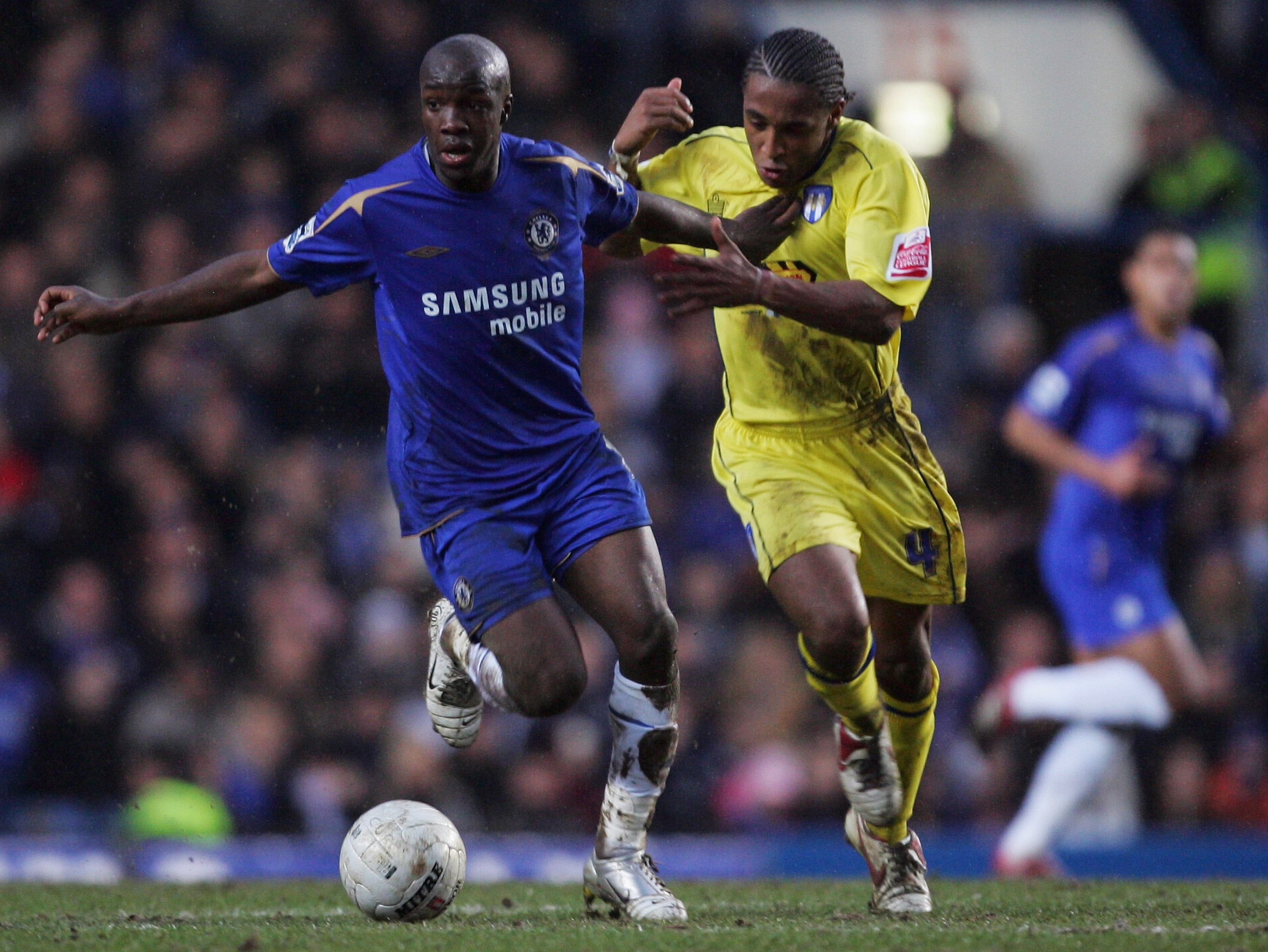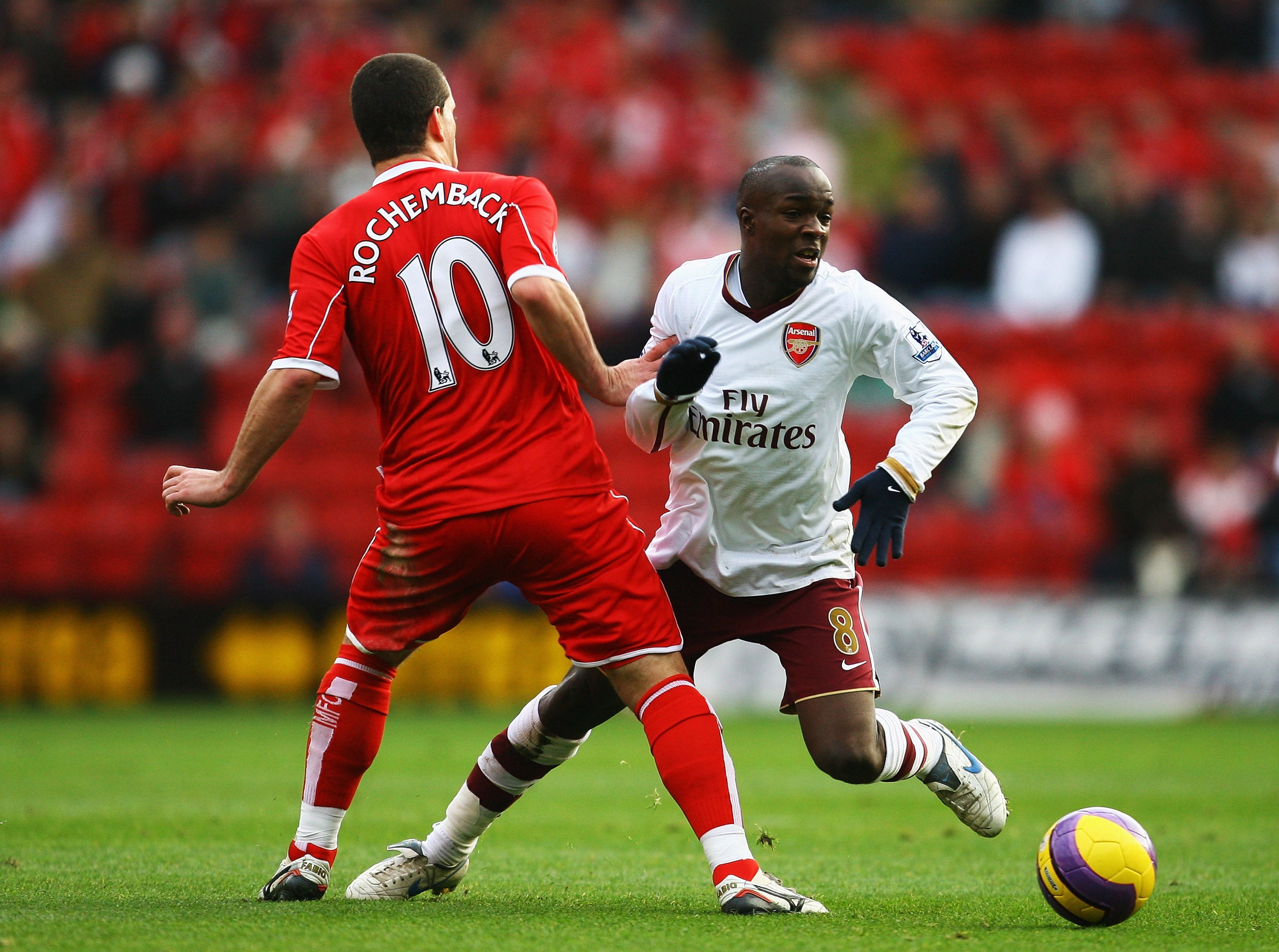The 'new boss' will transform football's transfer market forever
Your support helps tell our stories
Our mission is to provide unbiased, fact-based reporting that holds power to account and reveals the truth.
Whether it's $5 or $50, every contribution counts
Support us in providing journalism without an agenda.
If the transfer system ends tomorrow, what will actually replace it? Will there be collective bargaining between clubs and players like in the American game?
As outlandish as that prospect seems, some in football are currently asking for it – just whether Friday morning will produce this profound rise.
That's when the European Court of Justice will rule on the Lassana Diarra case, which challenges the legality of the entire transfer system as well as FIFA's authority, pushing for major changes last year. It could well transform the game, as well as the player's legacy, and change the direction of football for years to come.
There will also be quite a bit of confusion, given that Diarra is now mostly remembered for unfulfilled potential. He has long been the answer to the old quiz as one of the few players to become two of the Premier League's old “Big Four” in Arsenal and Chelsea before moving to Real Madrid. The move to the Bernabeu was confusing as Diarra refused to bow to Jose Mourinho's demands, which is why those who know him are not surprised that he has pursued the case.
His name may carry a different legacy than that of Belgian trailblazer Jean-Marc Boseman. Boseman's lawyer, Jean-Louis DuPont, who has taken on the case, has a greater sense of allusion. Even some details feel as obscure as Bosman's attempt to move from RFC Liège to Dunkirk in 1990, which eventually resulted in a legal victory against UEFA and the first great change of market in 1995.
Diarra moved to Lokomotiv Moscow from then-free-spending Anzhi Makhachkala in 2013, only for a poor start and the midfielder to lose his place in the team. Lokomotiv believed a pay cut was warranted, which Diarra refused to accept. The club later claimed he had missed training sessions on false pretenses, which they used as an excuse to sack him in August 2014, and sued him for breach of contract, which still had three years to run.
Lokomotiv took the case to FIFA's Dispute Resolution Chamber [DRC]That ruled in their favor when they banned Diarra from signing for another club until he paid his price on their balance sheet, which amounted to £8.8 million. He then appealed to the Court of Arbitration for Sport (CAS), who also ruled in favor of Lokomotiv. At the time, Diarra's quality ensured that he had many interests, including Royal Charleroi. The Belgian club were willing to do a deal, on the condition that they could sign the midfielder as a free agent and not have to pay the compensation demanded by Lokomotiv.
Diarra asked the FIFA administration to confirm that he was a free agent, but they said it was a legal matter that only the DRC could confirm. They did just that a few weeks later, but Diarra claimed the delay meant he missed out on transfer opportunities. Except for the required International Transfer Certificate [ITC] At the time the Belgian FA required Charleroi to register him, the club withdrew.

This forms the core of the case. Diarra, DuPont, the French players' union and FIFPro argue the delay and underlying rules represent a breach of EU labor law. They decided to sue FIFA and the Belgian association for trade restraint and €6m in lost revenue.
A Belgian court eventually awarded Diarra €60,000 – not €6m – while holding FIFA accountable for the fact that he was unable to secure a new contract for fear of the clubs being liable for Lokomotiv's damages. The Belgian federation was held jointly responsible for failing to ensure that the player could exercise his fundamental EU rights by taking up a position with a club in the country.
One reason for that ruling was how FIFA applied its own rules within EU law, though, which is why many in the game aren't really considering this referral to the European Court of Justice as “a new boss”. Even more surprising was that FIFA refused to give Charleroi guarantees more quickly, as a previous high-profile case had appeared to settle the issue. Juventus were not ordered to pay compensation when they signed Adrian Mutu after his Chelsea contract was terminated.
The only way Diarra's case could potentially bring down the entire transfer regime is if FIFA's refusal to issue ITCs is ruled illegal and the entire underlying regime anti-competitive, which would force the world federation to scrap its regulations. On player status and transfers.
While this was seen as unlikely as the case was already interpreted within EU law, CAS acknowledged that “one of the objectives of FIFA regulations is to protect contractual stability, which is considered to be of “paramount importance in football”. Clubs, players and the public view”. In other words, those FIFA transfer rules are legal.

It probably says a bit that major football organizations aren't particularly worried about Friday. Some are barely considered. A widespread – but not unanimous – view is that it won't even come close to a new Bossman. Some representatives believe that a Diarra win could actually work against the players, in a way that would backfire on the bossman. Contractual stability will be less. One argument is that even players will lose out if they break contracts and move at will, as salary income without transfers will decrease at most clubs. Big clubs will eventually acquire more footballers.
On the other side of all this, however, was the non-binding opinion of Maciej Szpoon, Advocate General of the European Court of Justice. The following has been submitted to the European Court of Justice.
“There can be little doubt about the restrictive nature of FIFA's control over the status and transfer of players. By their very nature, non-compete clauses limit players' ability to change clubs… [and] Necessarily affects competition between clubs in the market for the acquisition of professional players.
“The consequences of a player terminating a contract without reason are so severe that the chances of a player going down this route are very low. The competition provisions are designed to have a deterrent effect and chill the spine of every player.”

As significant as these words seem, the European Court of Justice did not accept the Advocate General's opinion in December's Super League case. They can ignore it here, and there is a view in legal circles that FIFA will make a stronger case for its transfer regime in an actual hearing.
One prediction is that rules will be seen as restrictive but that they can be justified by “economic efficiency” such as contractual stability. In that case, FIFA needs to clarify their own rules.

If it goes the other way, they have to rewrite those rules. It will represent a whole new world of football.
Even if the case doesn't turn out to be “Bossman” as such, the story points to a broader problem. It is yet another legal test of the sport's regulations in what is becoming the defining theme of football in 2020. So many are forced to imagine a completely alternative view of the sport.

